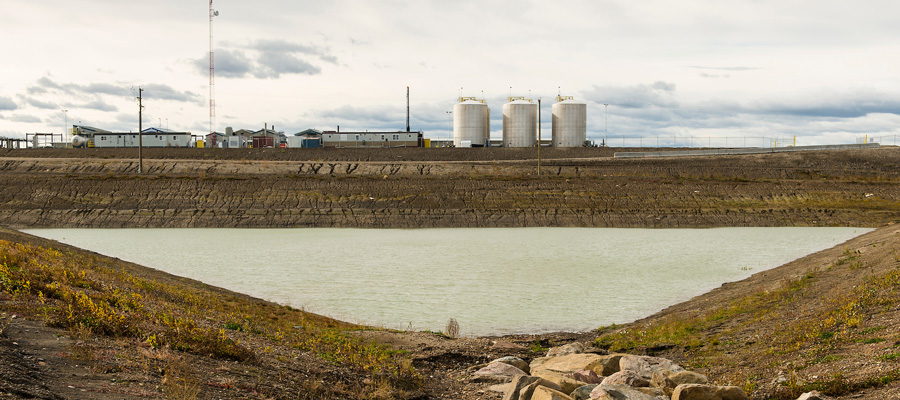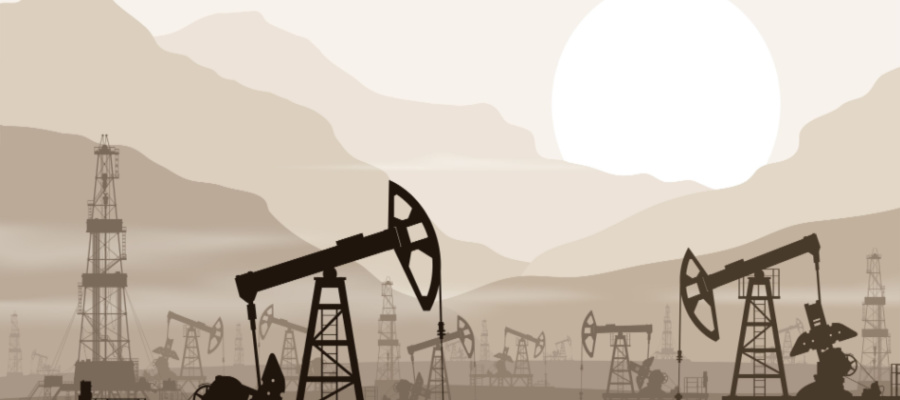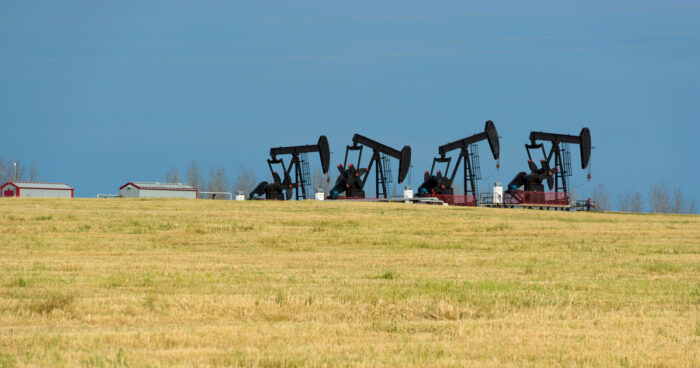BC oil and gas royalty review seriously flawed without consideration of water

Open letter to the provincial government
As prospects grow for intensified gas extraction in our province, we applaud the provincial government’s decision to review British Columbia’s decades-old oil and gas royalty regime. This once in a generation review is essential, given the significant threats posed to the climate and the environment by continued fossil fuel extraction.
However, we strongly urge the province to broaden the terms to include a review of the outdated water-related subsidies, policies and regulations that are currently enjoyed by the fracking industry in BC.
It is imperative that the government end the fracking industry’s access to free or deeply discounted water, and that the industry no longer be given a free pass to not treat its highly toxic wastewater.
Almost all of the gas produced in BC is fracked gas, the production of which requires huge amounts of water. That means both the subsidized access to water and the future liability resulting from the lack of wastewater treatment must be addressed when considering whether the industry is paying fair value for public resources. Otherwise, the royalty review will be seriously flawed.
Outdated provincial policies and laws that have resulted in the fracking industry being heavily subsidized or given a free ride on its water use and wastewater disposal include:
- Subsidized costs of water plus free water. Water rentals are the basis for paying to use water but they shouldn’t apply in situations where water is permanently removed from the water cycle. Under existing regulations, fracking companies pay just $5.62 for the water equivalent of each Olympic-sized swimming pool of water they withdraw under water licenses. In addition, oil and gas operators are exempted from paying anything at all for the large quantities of water they obtain through outdated “use approval” permits and for water that is called “deep groundwater”.
- Exemption from wastewater treatment—polluter does not pay. This is by far the most significant and dangerous impact of the fracking industry. BC’s water rental system was intended to ensure a fair return to the people of the province, based on the idea that industrial water users ‘borrow’ water that they eventually treat, then return to the water cycle for future ecosystem and human use. Unlike other industries, however, the fracking industry is not required to treat its wastewater, and is instead allowed to just dispose of it by pumping it underground, thus permanently removing it from the water cycle.Disposal does not equal treatment and carries significant risks. In the case of the fracking industry, those risks include older, leaking wells; earthquakes triggered during disposal operations (in addition to the many earthquakes triggered in the fracking process itself); and pollution of groundwater from leaking wastewater storage pits. There is also the loss of farmlands and forestlands due to the growing number of large wastewater pits and above ground storage tanks used to hold toxic water prior to its disposal or re-use in fracking operations.The application of an outdated exemption for so-called “produced water” means that fracking companies are legally let off the hook, thereby saving significant costs that other industries are required to incur to treat their wastewater.
(To give you clearer insight into these and other related issues, see the technical review of outdated subsidies, policies and regulations governing water use by the fossil fuel industry prepared by Donna Forsyth, a former legislative advisor in the Ministry of Environment and Climate Strategy who not only helped draft the Water Sustainability Act, but who also has expertise on oil and gas legislation.)
Fossil fuel industry water use needs to be considered against the deeply concerning backdrop of the climate crisis and the impacts of climate change on water resources across British Columbia. This summer saw an unprecedented heat dome that resulted in the death of hundreds of people, numerous uncontrollable wildfires and a number of orders to halt water withdrawals in four watersheds in the province. In the South Montney region, where fracking industry water use is accelerating, there have been repeated summers during which water levels in the Kiskatinaw watershed fell so low that orders were issued to halt water withdrawals.
In our view, the fossil fuel industry must be required to operate on polluter pay, full cost accounting and precautionary principles. This means ending all subsidies, including both cheap or free water at the front end of the fracking process and outdated policies that allow this one industry to increase public health and safety risks at the back end, by pumping untreated toxic waste underground.
The pending royalty review is a long-overdue opportunity not only to ensure that British Columbians get a fair return for their gas resources but also to recognize the value of the tremendous quantities of water required to produce fracked gas. A fair return on water levels the playing field so that all industrial water users play by the same set of rules.
Now is the time to make a real commitment to review the outdated subsidies, policies and regulations governing the water used to produce fossil fuels in BC. Broadening the oil and gas royalty review to include water is clearly in the interests of present and future generations of British Columbians.
Signatories
Hannah Askew, Sierra Club BC
Larry Barzelai, Canadian Association of Physicians for the Environment
Sven Biggs, Stand.earth
Helen Boyd, Canadian Association of Nurses for the Environment
Oliver Brandes, University of Victoria’s POLIS Project on Ecological Governance
Robyn Duncan, Wildsight
Greg Knox, SkeenaWild Conservation Trust
Peter McCartney, Wilderness Committee
Ben Parfitt, Canadian Centre for Policy Alternatives, BC Office
Shannon Turner, Public Health Association of BC
Alexandra Woodsworth, Dogwood
Topics: Climate change & energy policy, Economy, Environment, resources & sustainability, Fracking & LNG


